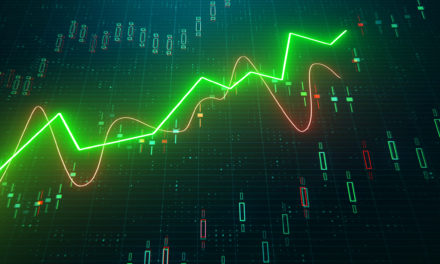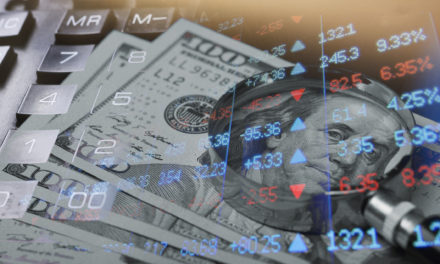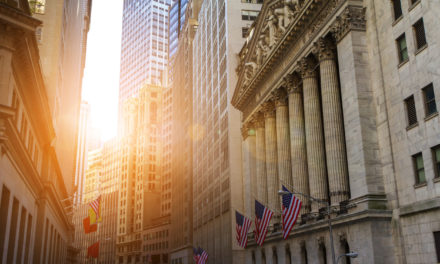
“When we own portions of outstanding businesses with outstanding managements, our favorite holding period is forever.”
— Warren Buffett
The Warren Buffett investment philosophy calls for a long-term investment horizon, where a twenty year holding period, or even longer, would fit right into the strategy. How would such a strategy have worked out for an investment into Essex Property Trust Inc (NYSE: ESS)? Today, we examine the outcome of a twenty year investment into the stock back in 1999.
| Start date: | 08/16/1999 |
|
|||
| End date: | 08/14/2019 | ||||
| Start price/share: | $33.12 | ||||
| End price/share: | $307.28 | ||||
| Starting shares: | 301.89 | ||||
| Ending shares: | 646.27 | ||||
| Dividends reinvested/share: | $85.36 | ||||
| Total return: | 1,885.85% | ||||
| Average annual return: | 16.11% | ||||
| Starting investment: | $10,000.00 | ||||
| Ending investment: | $198,575.51 | ||||
The above analysis shows the twenty year investment result worked out exceptionally well, with an annualized rate of return of 16.11%. This would have turned a $10K investment made 20 years ago into $198,575.51 today (as of 08/14/2019). On a total return basis, that’s a result of 1,885.85% (something to think about: how might ESS shares perform over the next 20 years?). [These numbers were computed with the Dividend Channel DRIP Returns Calculator.]
Notice that Essex Property Trust Inc paid investors a total of $85.36/share in dividends over the 20 holding period, marking a second component of the total return beyond share price change alone. Much like watering a tree, reinvesting dividends can help an investment to grow over time — for the above calculations we assume dividend reinvestment (and for this exercise the closing price on ex-date is used for the reinvestment of a given dividend).
Based upon the most recent annualized dividend rate of 7.8/share, we calculate that ESS has a current yield of approximately 2.54%. Another interesting datapoint we can examine is ‘yield on cost’ — in other words, we can express the current annualized dividend of 7.8 against the original $33.12/share purchase price. This works out to a yield on cost of 7.67%.
Another great investment quote to think about:
“Generally, the greater the stigma or revulsion, the better the bargain.” — Seth Klarman




